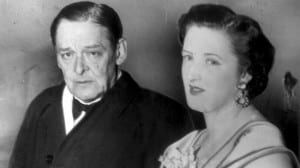 Last Saturday I attended a creative writing day school with Joe Hakim http://www.writeoutloud.net/profiles/joehakim and Mike Watts http://www.writeoutloud.net/profiles/mikewatts two Hull performance poets.
Last Saturday I attended a creative writing day school with Joe Hakim http://www.writeoutloud.net/profiles/joehakim and Mike Watts http://www.writeoutloud.net/profiles/mikewatts two Hull performance poets.
They talked about the growing popularity of the spoken word genre and performed. Joe described stage v page as an artificial distinction but later admitted some poems felt unsuitable for reading aloud. This was reassuring. In the current craze for linking person and poem, we need a place for silence. Poetry is a personal, private activity. Performance is public. It says more about the person than the poem. Open-mic events encourage the poet to package their personality. Words on a page have no vehicle other than the paper. They are fixed, waiting for the connection – for the resonance which lies at the heart of a successful poem. Extrovert stage. Introvert page.
I wonder how much this resurgence of performance poetry is about re-establishing human connection. The oral tradition was essential for passing on information, long before Gutenberg or the World Wide Web. Today we have access to unlimited amounts of words, music, stories and entertainment. It is reassuring to dim the lights, sit down, have food, drink, friends and bring on the poet who loves the performance as much as the words.
There needs to be room in the world for poetry. A poem can speak about situations, draw attention to issues, give voice to the marginalised. It can entertain, make you see the world in a different way. All good but while performance poetry is about the moment, we need to remember the words of a poem are for life.



